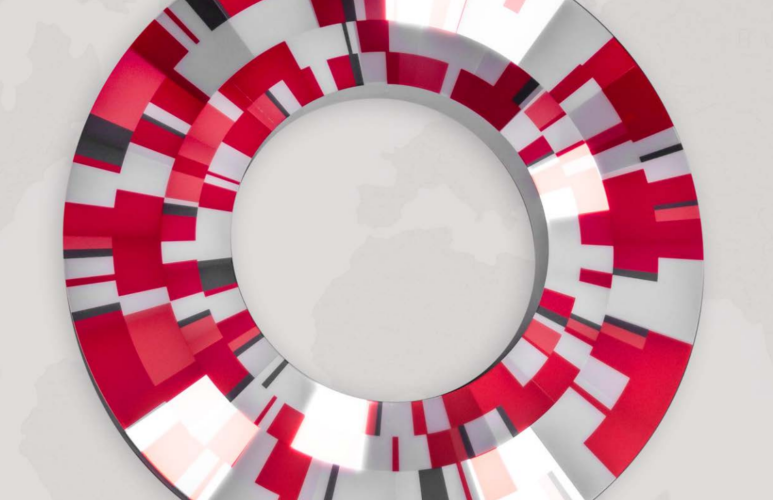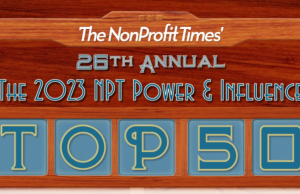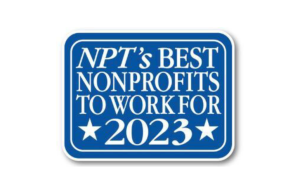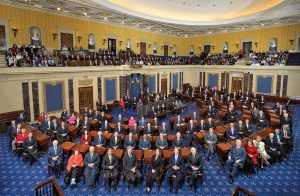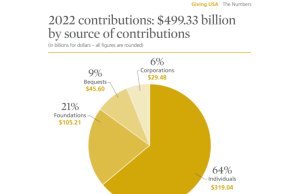The global philanthropic environment is slightly more favorable than in 2018, with three-fifths of the 91 countries and economies studied reporting a favorable environment for philanthropy. Yet among the 79 countries and economies studied in both 2018 and 2022, this improvement was inconsistent, with nearly 30 economies reporting a shrinking space for philanthropy as a result of their political environments.
The data is from the 2022 Global Philanthropy Environment Index (GPEI) produced by the Indiana University Lilly Family School of Philanthropy at IUPUI. The 2022 report examines global philanthropic environments from 2018 to 2020. It adds 12 countries to the 79 countries and economies first reported on in the 2018 index. The 91 countries and economies span all levels of economic development, representing 85 percent of the world’s population and 95 percent of the global gross domestic product (GDP).
At the regional level, the Balkan Countries, Northern Europe, Southern and Southeastern Asia and Sub-Saharan Africa saw overall improvements in their philanthropic environment. Regions that experienced a slight decrease in their philanthropic environment scores include Canada and the United States, Latin America, the Middle East and Northern Africa, Oceania, and Southern Europe.
“Philanthropy is more visible today, but decision-makers and policymakers often have a limited framework for understanding how philanthropy is shaping our response to global challenges,” said Una Osili, Ph.D., professor of economics and associate dean for research and international programs at the Indiana University Lilly Family School of Philanthropy.
“To support global philanthropy amid complex global crises, we need tools to help us understand where it’s thriving, where it isn’t, and why. GPEI provides us with this one-of-a-kind roadmap for making philanthropy more effective in our response to global challenges, but that ultimately requires that policymakers act on the insights and learnings GPEI provides,” according to Osili.
More than 100 country-level experts contributed to the 2022 GPEI, evaluating countries and economies on a five-point scale (1.0 to 5.0) across six key factors that comprehensively measure philanthropy: (1) ease of operating a philanthropic organization; (2) tax incentives on giving; (3) cross-border philanthropic flows; (4) political environment; (5) economic environment; and (6) socio-cultural environment for philanthropy. This is the first year the report has included a review of the economic environment as its own consideration in the analysis.
Key findings in the 2022 report include:
- Three-fifths of the 91 countries and economies included in the 2022 GPEI reported a favorable environment for philanthropy. The overall philanthropic environment was moderately favorable at the global level (3.63); among the six factors, the ease of operating a philanthropic organization (3.97) scored the highest global average in 2018-2020 and the economic environment (3.46) scored the lowest in 2018-2020.
- The economic environment for philanthropy was especially variable, with countries in the Caribbean and Latin America demonstrating particularly low scores, driven in part by the pandemic, political instability and high inflation.
- The 2022 GPEI shows that the space for philanthropy continued to shrink in one-third of the 79 economies originally reported on in 2018. In countries and economies where the political environment for philanthropy experienced a decline, philanthropic organizations faced attempts to control the distribution of foreign funding (Hungary) as well as opposition to human rights and watchdog organizations (Hungary, Serbia).
- Even as the importance of global giving became increasingly apparent as a crucial tool to fight COVID-19, dozens of countries and economies continue to report regulatory burdens that limit cross-border donations. These include politically motivated permitting requirements (Venezuela), and a complete ban on cross-border gifts (Saudi Arabia).
- Canada was the only G7 country to score below the global average for cross-border philanthropic outflows, and the only G7 country to score below the global average on the ease of operating a philanthropic organization. The rules required of charitable organizations engaged in cross-border philanthropy in Canada are onerous and require significant resources in order to meet all requirements, which creates a barrier to giving.
However, Canada has a highly favorable (5.0) environment for tax incentives for receiving and making charitable contributions. Both philanthropic organizations and registered charities are largely exempt from taxes on their revenue, including donations as well as income earned from other sources.
- The pandemic also opened opportunities for innovative approaches to giving, driven in large part by a shift toward grassroots leadership and increased collaboration at the local level. Millions were donated to private funds to support COVID-19 prevention and response activities in 2020 (Chile, Myanmar). The pandemic led to increased awareness and generosity toward vulnerable groups (India, Nigeria). Technology innovations led to online giving and virtual volunteering opportunities that connected people and organizations around the world to support people in need.
- Country experts report that the philanthropic infrastructure globally is also becoming more institutionalized, even as donors increasingly embrace long-standing practices such as mutual aid or other forms of direct giving. The newly created Caribbean Philanthropic Alliance is bolstering philanthropy in the region, while the joint DAFNE-EFC Philanthropy Advocacy Initiative and Philea – Philanthropy Europe Association is working to shape the regulatory operating environment for philanthropy across Europe.
- Philanthropic organizations play a crucial role in addressing social and economic inequality and advocating for universal human rights. While philanthropic organizations have been uniquely active in addressing educational inequality (United Kingdom), economic empowerment (Nigeria), social exclusion in rural areas (Italy), social equity (Ghana, South Korea), organizations active on these issues also face disproportionate scrutiny and face obstacles that restrict or prohibit their ability to operate (Eswatini, Hungary, Kenya and Myanmar).

